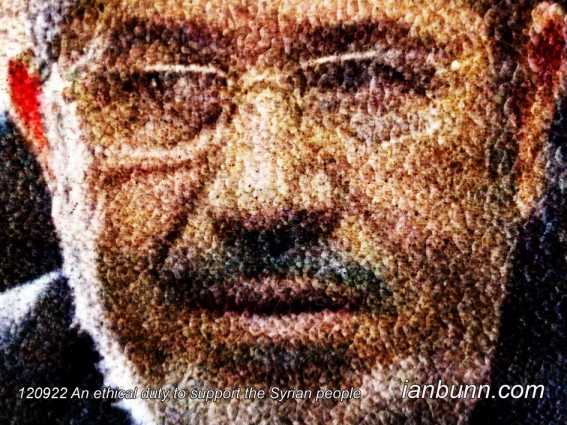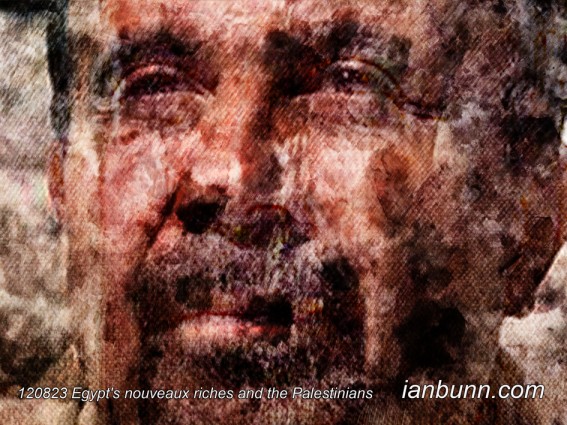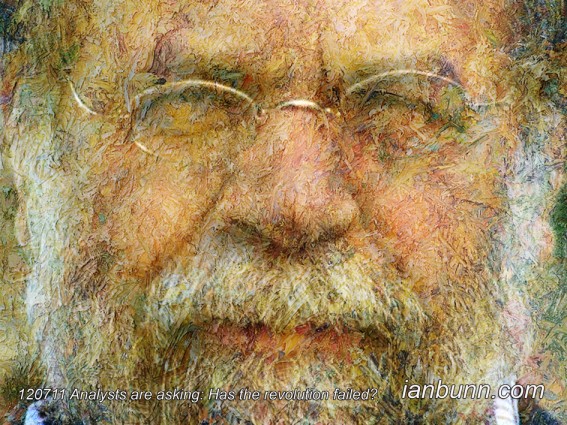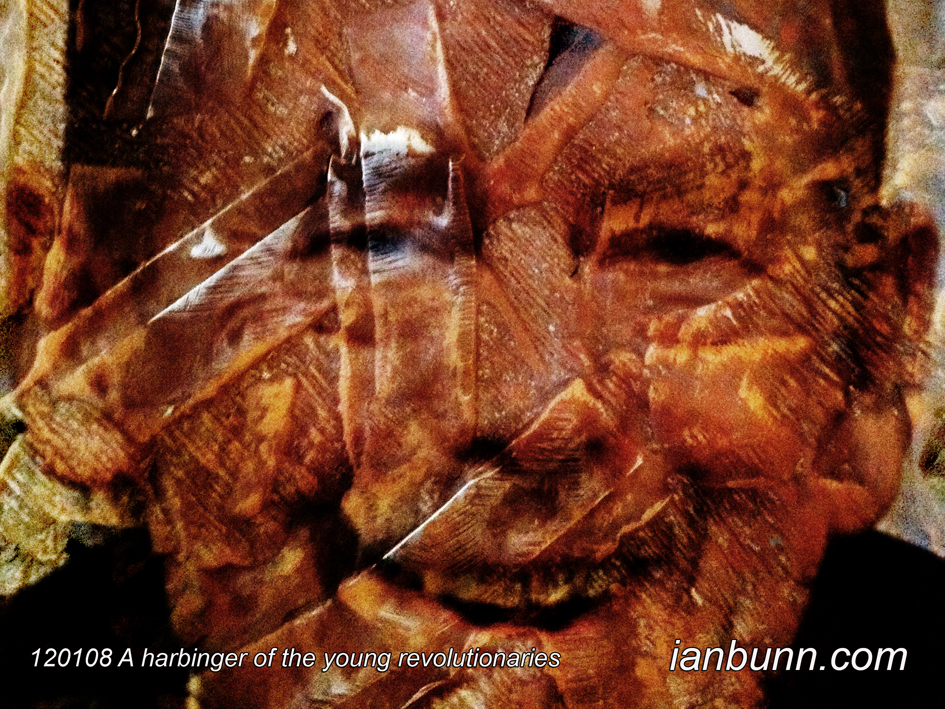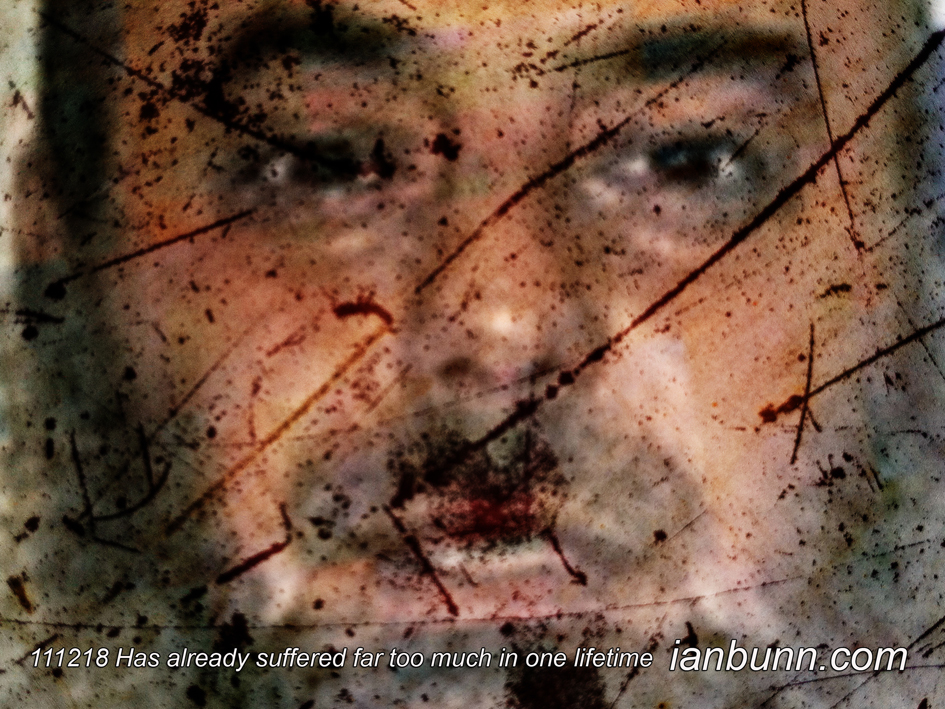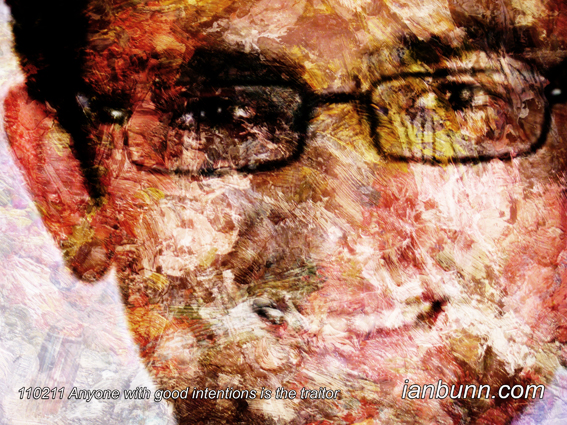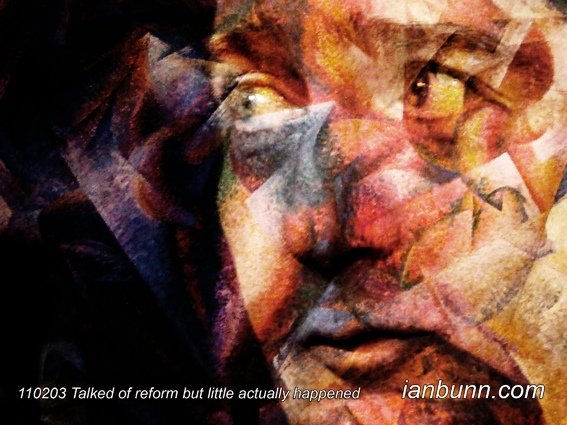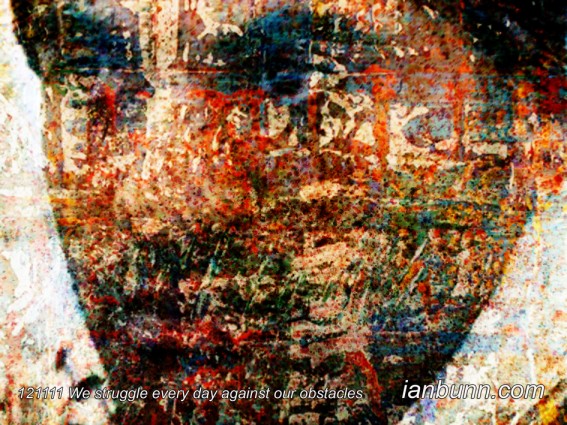 We struggle every day against our obstacles (November 11 2012)
We struggle every day against our obstacles (November 11 2012)
Mohammed Matter ‘Abu Yazan’ the Palestinian political activist, writer and a member of Gaza Youth Breaks out movement, writes “My story is marked by violence, persecution, arrests, abuse and resistance.” Matter has published an article on Aljazeera stating “It has been almost two years now since we wrote our manifesto. We called it a manifesto, but in reality, I’m not sure what it was. Was it a manifesto, or was it a cry for help? Perhaps, an accusation, or even perhaps a demand to the world and to ourselves; a demand for change from the outside and from within. It was before the uprisings began around us, and they have been roaring the last two years in Tunisia, Egypt, Libya, Syria and Bahrain. But we had felt like shouting in the dark, and while this raging had brought light into the darkness of the dictatorships around us, the night around us has not thinned even a bit. No, if anything, it has only become darker. … We struggle every day against our obstacles and for our dreams, and you can see that in all the amazing creativity coming out of Gaza, in our art, poems, writing, videos and songs, you can hear it and meet us in the talks we give all over the world. Yes, we wrote a manifesto, and maybe that was just the bright and loud outcry of the beginning of a journey, whose path is hard and tiring, thorny and also often very quiet and dark. But it is always there. So two years later, we say: We will be free. We will live. We will have peace. And we are always out there, fighting our daily struggle, full of the resistance we inherited from a long struggle for Palestine. We live and write and say and sing silent or loud manifestos every day. Just listen to us.”
Inspired by Aljazeera ow.ly/eUhfO image source Facebook ow.ly/eUhc9
